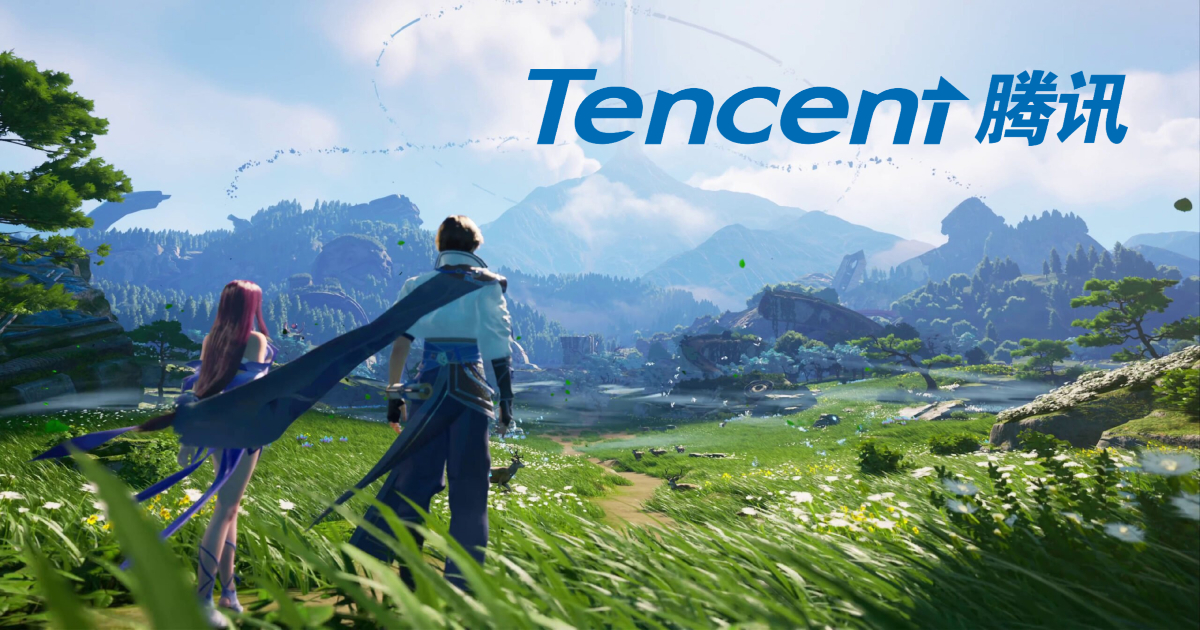China has no plans to ease its regulations aimed at protecting minors from gaming addiction. Tencent has already expressed its readiness to help the government in the new phase of this protracted fight.

South China Morning Post reported on February 13 that the China Audio-Video and Digital Publishing Association commented on the anti-addiction regulations at the annual conference in Guangzhou.
- This semi-official body representing Chinese game companies stated that domestic developers should put more effort into protecting kids from gaming addiction.
- The Association’s secretary general Ao Ran noted that the industry must “further improve the level of protection and bolster these measures.”
- “Minor protection is long-term and fundamental work,” Ao added. “Our peers must resolutely implement the requirements of the regulators … and explore technical means, such as facial recognition.”
- This indicates that tough regulations across the Chinese games industry are not going anywhere despite a previously announced victory in reducing video game addiction.
- At this week’s conference, Tencent pledged to double down on its anti-addiction measures. “Tencent Games will continue to explore more innovative forms of protection for minors,” the company’s representative said.
China started its crusade in 2021 when the country limited playtime in online games for minors to only three hours per week. Last year, Tencent reported that total time spent by underage players in its titles was down 88% year-over-year.
The country later proposed even tougher regulations, including holding parents of “addicted” children accountable and making all game companies use facial recognition systems to verify a user’s age and identity (Tencent already has one as part of its “Midnight Patrol” initiative).
Despite the bad regulatory climate, the National Press and Publication Administration has started licensing more video games in China in recent months. After ending a long freeze, the regulator even approved a first batch of foreign titles in December. In the first two months of 2023, the NPPA licensed 175 new games, nearly one-third of the total number approved last year.
However, foreign and even domestic developers are still struggling to enter the Chinese games market, having to fight their way through tough regulations and exhausting processes to reach local gamers.
